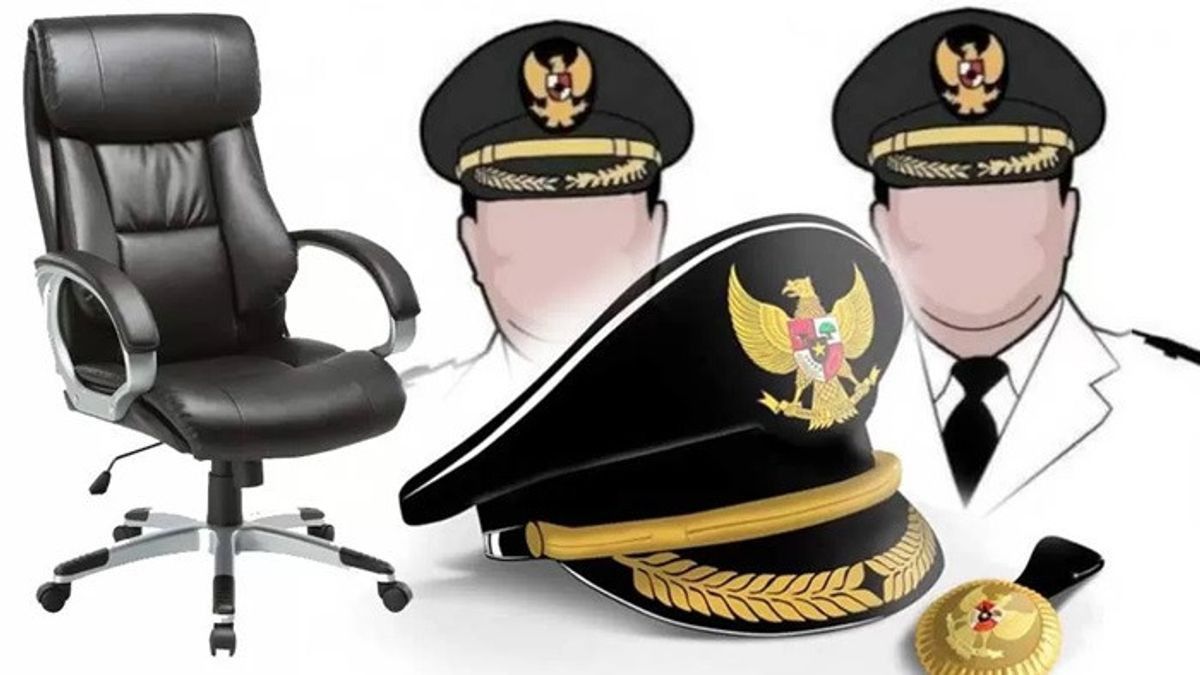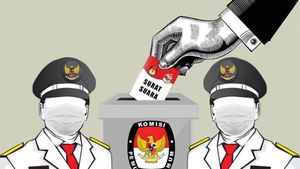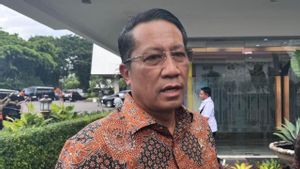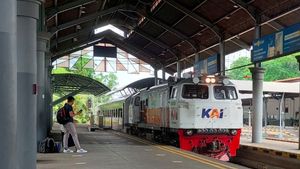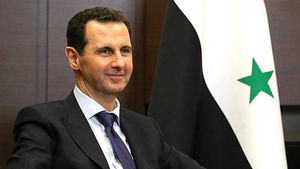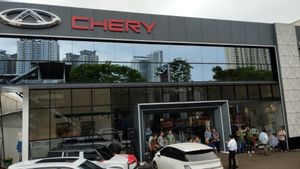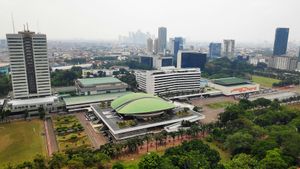Presiden Prabowo Subianto mengeluarkan pernyataan menarik saat menghadiri ulang tahun ke-60 Partai Golkar. Ia mengajak pimpinan partai politik yang hadir untuk memperbaiki sistem politik yang menghabiskan puluhan triliun setiap penyelenggaraan pemilu.
"I see that our neighboring countries are efficient. Malaysia, Singapore, India, once vote for DPRD members, that's right, the DPRD chooses governors, regents. Efficients, we don't continue to spend money like us," said the President. He emphasized that the money is better used to improve public facilities such as schools and irrigation.
This statement immediately sparked heated debate in public spaces, harassing one basic question: Will our democracy back down?
The simultaneous regional elections in 2024 are said to have spent a budget of IDR 37.4 trillion. This figure could be the basis for Prabowo to offer the idea of a regional election through the DPRD. However, sharp criticism arose. Budget efficiency should not sacrifice the essence of democracy.
The regional elections immediately gave the people the right to choose their leaders. Since the reformation, regional heads ranging from governors to mayors are directly elected by the people. Returning elections to the DPRD is considered a step back towards centralization in the style of the New Order.
Supporters of this idea, such as PAN and PKB, argued that the regional elections through the DPRD could reduce money politics. The Minister of Law even stated that this idea had been discussed since the era of President Jokowi. However, criticism remains strong: is this system really efficient without sacrificing legitimacy?
A friend gave an interesting illustration. He calculated that if the Governor of DKI Jakarta was elected by the DPRD in 2024, Ridwan Kamil might get 91 votes, while Pramono had only 15 votes. On the other hand, in the direct election, Pramono has the potential to win 50.07% of the people's votes, while Ridwan Kamil only won around 39%. This illustration can be true, it can also be inappropriate but shows how people's legitimacy can be neglected in elections through the DPRD.
This discourse seems to be more profitable for the political elite. The DPRD, as the main actor, is the entry point for power controlled by political parties. This raises the question: Are people's rights being taken?
We need to reflect on our political system. Democracy is expensive, but it doesn't mean it has to sacrifice people's sovereignty. There are solutions to consider, such as improving the direct regional election system under strict supervision and reducing campaign costs.
另请阅读:
Digital campaigns, for example, can be a cheap and effective alternative. In addition, law enforcement against money politics must be strengthened. With this step, democracy is not only more efficient, but also of high quality.
The discourse on regional elections through the DPRD is an ideological battle over the future of Indonesian democracy. Will democracy remain the tool of the people or will it return to being an elite tool? Direct elections, even though they have shortcomings, are proof of people's sovereignty.
President Prabowo Subianto may have good intentions. However, good intentions alone are not enough. The courage to improve the system without sacrificing democratic principles is what we need. Democracy is actually not a matter of cheap or expensive, but a matter of who is in power: the people or elites.
In the history of this nation, the people have always been the main actors of change. Don't let them return to being spectators. If democracy is a stage, then the people are the actors. Don't take their rights. Because, without the people, democracy is just a name without meaning.
The English, Chinese, Japanese, Arabic, and French versions are automatically generated by the AI. So there may still be inaccuracies in translating, please always see Indonesian as our main language. (system supported by DigitalSiber.id)
